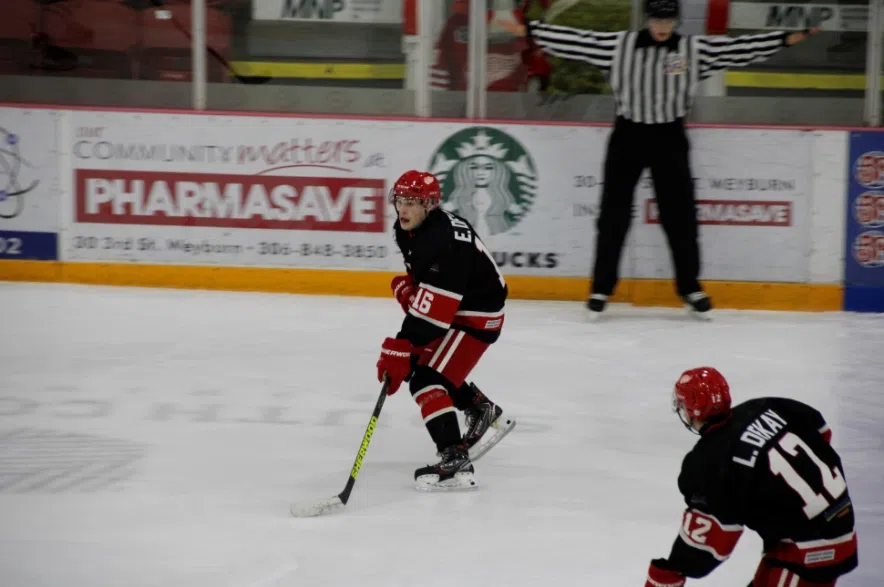CALGARY — Canada’s world champions in beach volleyball are amping up preparations for the Summer Olympics coming over the horizon.
The COVID-19 pandemic kept Sarah Pavan of Kitchener, Ont., and Toronto’s Melissa Humana-Paredes apart and docked from competition for much of 2020.
The Canadian duo plans to compete in at least five tournaments over the next two months starting Thursday in Cancun, Mexico.
The world governing body of volleyball, FIVB, created a hub of three straight World Tour events in Cancun to afford teams the chance to qualify for the Tokyo Summer Games opening July 23.
Pavan and Humana-Paredes booked their Tokyo berth when they won the women’s world title in 2019.
The upcoming tournaments, however, are crucial game reps for a duo that’s short on them.
“I think Cancun will be a real test for us against every team because it is such a lengthy event, to see where we’re really at,” Pavan told The Canadian Press.
“Other teams are scrambling to accumulate points. Obviously we want to win every tournament we play . . . but to be able to take a very objective approach and just see it as information gathering for Tokyo is definitely a luxury.
“We are able to use all of these events to gather information both on ourselves and the things we need to get better at, but also on tactics teams are using against us, or improvements or changes they may have made during COVID.”
Toronto’s Heather Bansley and Brandie Wilkerson also in the Cancun women’s field have essentially qualified for Tokyo based on their FIVB Olympic provisional ranking of sixth.
Canada can send a maximum of two teams in each gender, but the men have some work to do this spring.
Samuel Pedlow of Barrie, Ont., and Sam Schachter of Richmond Hill, Ont., rank just outside the top 18 in the provisional rankings.
Calgary’s Ben Saxton and Toronto’s Grant O’Gorman are also trying to qualify.
Pavan, 34, and Humana-Paredes, 28, aren’t facing qualification pressure, but they want to recover their game form in the upcoming tournaments.
“Do I think we’re playing at the level that we need to be in July? Absolutely not,” Pavan said.
“I don’t think we’re performing at a gold-medal level right now, but fortunately we still have a few months to be able to hit our stride.”
The duo intends to compete in World Tour events in Sochi, Russia in May and Ostrava, Czech Republic in early June.
They’re also contemplating another tournament in Gstaad, Switzerland in early July to avoid six weeks without a match heading into Tokyo.
Pavan lives in Hermosa Beach, Calif.
Canada’s requirement of a 14-day quarantine for travellers arriving outside the country was a barrier to the teammates crossing the border to practise together.
Neither woman felt she could afford the deconditioning that happens during two weeks of isolation too many times.
Humana-Paredes headed to California on Jan. 2 to join her teammate and stayed there. She doesn’t expect to return to Canada until after the Olympic Games conclude Aug. 8.
“I won’t be able to go home until after Tokyo,” Humana-Paredes said. “That’s the mindset I’ve had to come to terms with. For the majority of the time, I’m in a good head space and happy to be able to train and be with my team and continue to get better.
“Sometimes I miss by people back home and than can weigh on me a little sometimes. Last summer was so difficult because there was so much uncertainty. We do have a schedule to look forward to, a routine and things we can plan for and the Olympics are still on.”
Her boyfriend, Connor Braid of Victoria, is a member of Canada’s rugby sevens team bound for Tokyo.
Pavan and Humana-Paredes finished second in the Katara Beach World Cup in Doha, Qatar on March 12 in their first major international competition in 18 months.
The field didn’t include all of the world’s best teams, said Pavan, but the result was important for the Canadians’ confidence.
“We had signed up for the event, but we didn’t feel ready and we actually made the final decision to go a week before the event,” Pavan said.
“We were unsure, but we decided to just use it as a measuring stick. There were some teams that weren’t there, but to be able to fight through that event while not being as crisp as we’re used to was good.”
This report by The Canadian Press was first published April 13, 2021.
Donna Spencer, The Canadian Press







